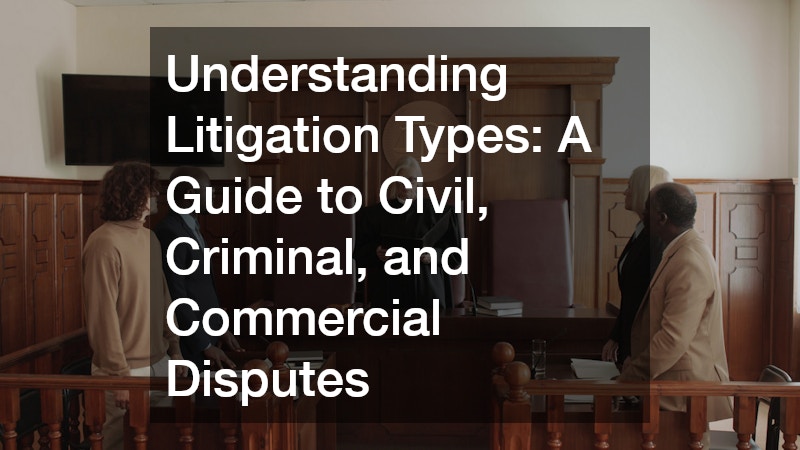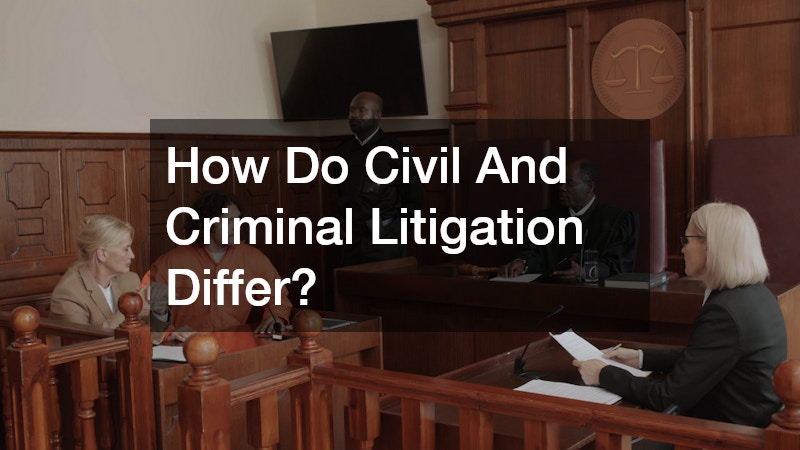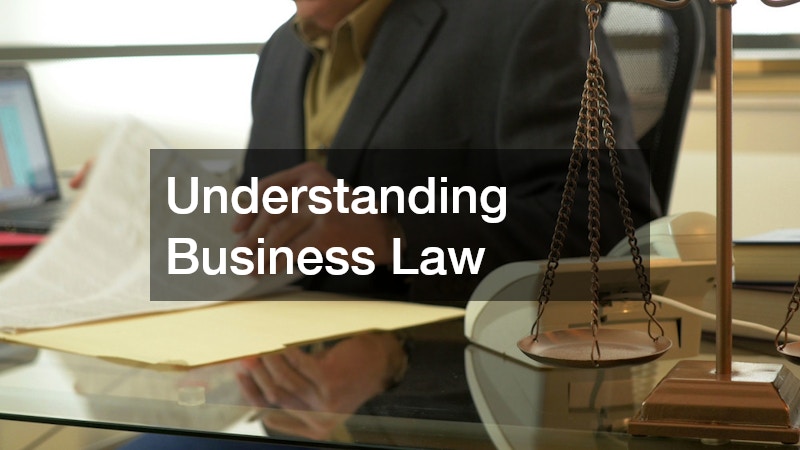
Litigation encompasses a wide range of legal processes used to resolve disputes between parties. Whether involving individuals, businesses, or government entities, understanding the types of litigation is essential for navigating the legal system effectively. This article provides a comprehensive guide to civil, criminal, and commercial litigation, explaining key concepts, procedures, and outcomes. It also highlights when it is important to hire experienced legal representation, including criminal domestic assault lawyers, divorce lawyers, and estate law specialists, to protect your interests and ensure a fair process.
What Is Civil Litigation?
Definition Of Civil Litigation
Civil litigation refers to legal disputes between private parties, such as individuals, organisations, or corporations, where one party seeks compensation or enforcement of rights. Unlike criminal cases, civil litigation does not involve the government seeking to punish a wrongdoer but rather aims to resolve conflicts and provide remedies, often in the form of monetary damages or specific performance. Understanding the types of litigation can help parties identify the appropriate legal approach for their situation.
Common Cases In Civil Litigation
Civil litigation covers a broad range of disputes, including personal injury claims, contract disputes, property disagreements, and employment conflicts. Family law matters, such as divorce proceedings, child custody arrangements, and child support issues, also fall under civil litigation. Hiring a child support lawyer or divorce lawyer can ensure proper legal guidance in these sensitive cases. Knowing the types of litigation helps clarify whether a case involves civil, commercial, or family law matters.
The Civil Litigation Process
The civil litigation process typically begins with the filing of a complaint or petition. The defendant is then served with legal notice and may respond with an answer or counterclaim. Pre-trial motions and discovery, including depositions and document exchanges, help both parties gather evidence. Mediation or settlement discussions may occur at any stage to resolve the dispute without going to trial. Different types of litigation may require distinct procedural steps depending on the complexity and nature of the dispute.
Roles Of Parties In Civil Litigation
In civil litigation, the parties include the plaintiff, who brings the claim, and the defendant, who responds. Legal representation plays a critical role, and a local lawyer or specialist in relevant fields, such as landlord-tenant lawyers or local social security lawyers, often provide guidance and advocacy throughout the process. Familiarity with types of litigation ensures that legal counsel can apply the appropriate expertise to each case.
Resolution And Outcomes
Civil cases may be resolved through settlement, mediation, or a court judgment. Outcomes can include financial compensation, injunctions, or orders enforcing contractual obligations. Effective representation by an accident attorney or a family law lawyer can significantly influence the results. Awareness of the types of litigation helps parties anticipate potential outcomes and choose the best resolution strategy.
What Is Criminal Litigation?
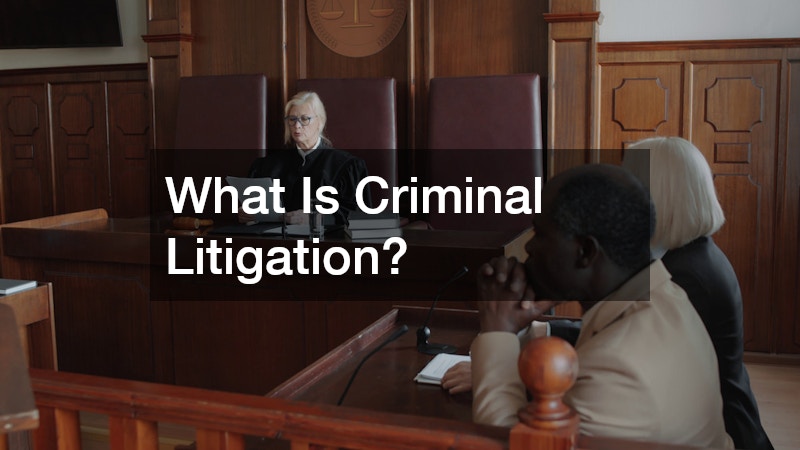
Definition Of Criminal Litigation
Criminal litigation involves cases where the government prosecutes individuals or organisations accused of violating laws. Unlike civil cases, criminal litigation aims to punish offenders and deter illegal behaviour, which can include imprisonment, fines, probation, or community service. Criminal matters are one of the key types of litigation distinct from civil disputes.
Examples Of Criminal Cases
Criminal litigation covers a range of offences, from misdemeanours like petty theft to serious felonies such as assault, fraud, and drug-related crimes. Criminal domestic assault lawyers are particularly essential in cases involving family violence or domestic disputes. Understanding the types of litigation ensures individuals seek the correct legal representation for criminal matters.
Steps In Criminal Litigation
Criminal litigation begins with an investigation, followed by charges, arraignment, pre-trial hearings, trial, and sentencing. Evidence is presented by both the prosecution and defence, and procedural safeguards protect the accused’s rights throughout the process.
The Defense And Prosecution
The prosecution, representing the government, seeks to prove the defendant’s guilt beyond a reasonable doubt. Defence lawyers, including specialised criminal domestic assault lawyers, challenge evidence, present witnesses, and advocate for fair treatment.
Possible Verdicts And Penalties
Verdicts in criminal cases can range from acquittal to conviction, with penalties including incarceration, fines, probation, or rehabilitation programs. The severity of punishment depends on the nature of the offence and prior criminal history.
What Is Commercial Litigation?
Definition Of Commercial Litigation
Commercial litigation focuses on disputes arising from business activities, transactions, and commercial relationships. These cases often involve complex contracts, regulatory compliance, intellectual property, or financial obligations.
Types Of Commercial Disputes
Commercial disputes include breach of contract, intellectual property infringement, merger and acquisition disagreements, antitrust violations, and shareholder disputes. Skilled local lawyers and business-focused legal teams are crucial in resolving these disputes efficiently.
The Commercial Litigation Process
Commercial litigation involves filing a complaint, discovery, pre-trial motions, trial, and potential appeals. Given the complexity of these cases, parties often rely on specialised attorneys with expertise in corporate law, estate law, and commercial dispute resolution.
Key Players In Commercial Litigation
Key players include the plaintiff and defendant companies, their respective legal teams, expert witnesses, and the judge or jury overseeing the case. Having experienced litigation lawyers can significantly influence the success of a commercial dispute.
Dispute Resolution In Commercial Litigation
Alternative dispute resolution methods, such as arbitration, mediation, and negotiation, are frequently used to settle commercial disputes without prolonged litigation. These approaches can save time, reduce costs, and maintain business relationships.
How Do Civil And Criminal Litigation Differ?
Key Differences In Purpose
Civil litigation primarily seeks compensation or enforcement of rights, whereas criminal litigation aims to punish unlawful conduct and protect society.
Differences In Legal Proceedings
Civil cases generally have more flexible procedures, while criminal cases follow stricter procedural rules to safeguard the defendant’s rights. Trials, evidence presentation, and appeals can vary significantly between civil and criminal courts.
Burden Of Proof
The burden of proof in civil litigation is typically a preponderance of evidence, meaning it is more likely than not that one party is correct. In criminal litigation, the prosecution must prove guilt beyond a reasonable doubt, a significantly higher standard.
Outcomes In Civil Vs. Criminal Litigation
Civil litigation outcomes often involve monetary awards or court orders, whereas criminal litigation can result in incarceration, probation, or fines. Each type of case requires different strategies and legal expertise.
Representation And Roles
Civil litigation relies heavily on specialised lawyers, including accident attorneys, family law lawyers, and landlord tenant lawyers. Criminal litigation, on the other hand, requires defence attorneys, such as criminal domestic assault lawyer,s to protect the accused’s rights.
What Are The Common Types Of Civil Litigation?
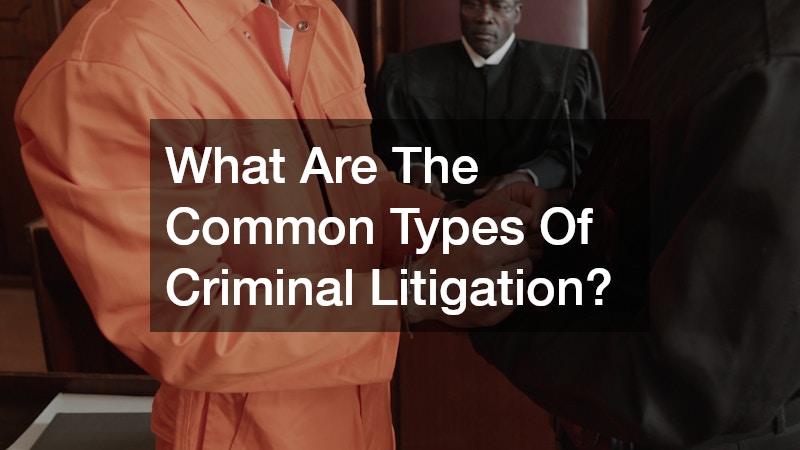
Personal Injury Claims
Personal injury claims arise when an individual suffers harm due to another party’s negligence. Accident attorneys play a crucial role in ensuring victims receive fair compensation for medical expenses, lost wages, and emotional distress.
Contract Disputes
Contract disputes involve disagreements over the terms, execution, or enforcement of agreements. Legal representation can help navigate complex contractual language and protect parties from financial loss.
Family Law Cases
Family law litigation addresses divorce, child custody, child support, and adoption issues. Child support lawyers and divorce lawyers provide guidance and representation to secure the best outcomes for their clients.
Property Disputes
Property disputes encompass ownership disagreements, boundary issues, and landlord-tenant conflicts. Landlord tenant lawyers assist clients in resolving these disputes through negotiation, mediation, or litigation.
Employment Litigation
Employment litigation includes wrongful termination, discrimination, harassment, and wage disputes. Skilled civil litigation lawyers advocate for employee rights while ensuring employers comply with legal obligations.
What Are The Common Types Of Criminal Litigation?
Misdemeanor Vs. Felony
Criminal cases are classified as misdemeanors or felonies. Misdemeanors are less severe offences, often resulting in fines, community service, or short-term imprisonment, while felonies involve serious crimes with significant penalties, including long-term incarceration, substantial fines, and lasting impacts on personal and professional life.
Violent Crimes
Violent crimes include assault, domestic violence, robbery, and homicide. Criminal domestic assault lawyers are particularly important for cases involving family violence, ensuring victims’ safety, advocating for justice, and holding offenders accountable under complex legal frameworks.
White-Collar Crimes
White-collar crimes involve fraud, embezzlement, insider trading, and other financially motivated offences. Defence attorneys help protect clients facing complex legal and financial challenges, often coordinating with forensic accountants and regulatory authorities to build a strong defence.
Drug-Related Offenses
Drug-related offences cover possession, distribution, and trafficking. Legal expertise is critical to navigate the intricate laws governing controlled substances, minimise criminal penalties, and address potential collateral consequences such as immigration or employment issues.
Cyber Crimes
Cyber crimes include hacking, identity theft, and online fraud. Criminal defence lawyers with technological expertise can help mitigate penalties, protect reputations, and address cross-jurisdictional legal complexities often involved in digital and internet-based offences.
What Are Some Examples Of Commercial Litigation?
Intellectual Property Disputes
Intellectual property disputes involve copyrights, trademarks, and patents. Businesses often engage specialised lawyers to safeguard their assets and enforce intellectual property rights.
Breach Of Contract
Breach of contract cases arise when parties fail to fulfil their contractual obligations. Legal counsel ensures that damages are recovered or agreements are enforced.
Merger And Acquisition Disputes
Disputes related to mergers and acquisitions can involve valuation disagreements, contractual breaches, or fiduciary duty claims. Experienced commercial litigation lawyers provide crucial guidance.
Antitrust Litigation
Antitrust litigation addresses unfair competition, monopolistic practices, and market manipulation. Legal experts help businesses navigate complex regulatory frameworks and protect market interests.
Security Litigation
Security litigation involves disputes related to investments, securities regulations, and shareholder rights. Attorneys specialising in corporate and estate law often manage these complex cases.
How Is A Litigation Case Processed In Court?
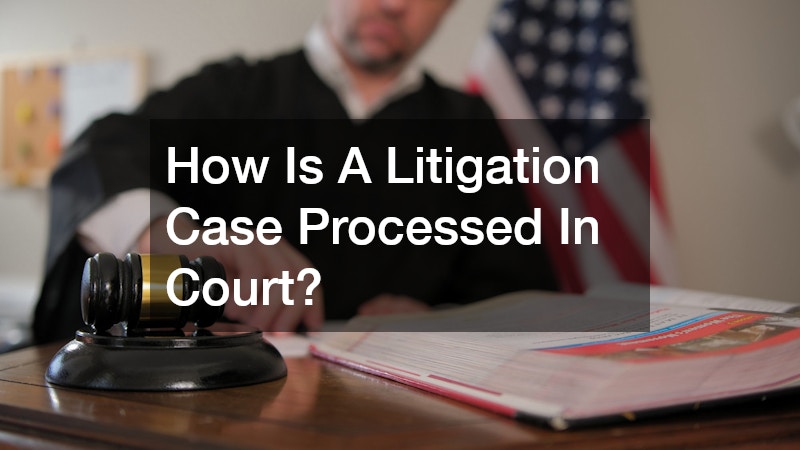
Filing A Lawsuit
A lawsuit begins with filing a complaint or petition, which outlines the legal claims, alleged damages, and requested remedies. The defendant is formally notified and given an opportunity to respond, ensuring both parties have a fair chance to present their positions. Understanding the types of litigation at this stage helps clarify what legal path the case will follow.
Pre-trial Procedures
Pre-trial procedures include discovery, depositions, interrogatories, and motions. These steps allow both sides to gather evidence, narrow issues, identify key witnesses, and prepare thoroughly for trial, reducing surprises and improving the efficiency of court proceedings. Different types of litigation may require tailored pre-trial strategies.
The Trial Phase
During the trial, each party presents evidence, calls witnesses, cross-examines opposition witnesses, and makes persuasive legal arguments. Judges or juries evaluate the information, assess credibility, and apply relevant laws to determine the outcome of the dispute. Lawyers familiar with the types of litigation involved can better guide their clients through trial procedures.
Judgment And Resolution
After evaluating the case, the court issues a judgment or verdict. In civil cases, this may involve monetary compensation, injunctions, or specific performance. In criminal cases, penalties are assigned based on the severity of the offence, prior history, and mitigating factors presented.
Appeals Process
If a party believes a legal error affected the trial outcome, they may appeal to a higher court. Appeals focus on legal interpretation, procedural fairness, and potential misapplication of law rather than re-evaluating factual evidence or witness credibility.
What Are Alternative Dispute Resolution Methods?
Mediation
Mediation involves a neutral third party helping disputing parties reach a voluntary agreement. This process is less formal than court proceedings and often preserves relationships.
Arbitration
Arbitration is a more structured process where an arbitrator renders a binding decision. It is commonly used in commercial and contract disputes to avoid lengthy litigation.
Negotiation
Negotiation allows parties to directly communicate and reach a mutually acceptable resolution. Skilled lawyers often facilitate negotiations to protect client interests.
Collaborative Law
Collaborative law is used primarily in family law disputes, where parties and their lawyers work together to resolve issues without going to court. This approach can reduce conflict and emotional stress.
Settlement Conferences
Settlement conferences are court-supervised meetings aimed at reaching a resolution before trial. Lawyers, including local social security lawyers or estate law experts, play a key role in advising clients during these discussions.
When Should You Hire A Litigation Lawyer?
Early Stages Of A Dispute
Hiring a litigation lawyer early can prevent escalation and ensure proper legal strategy from the outset. Local lawyers can provide guidance specific to the jurisdiction.
Complexity And Expertise
Complex cases, such as commercial disputes or criminal litigation, require specialised knowledge. Attorneys like accident attorneys, immigration attorneys, and criminal domestic assault lawyers bring expertise critical to favourable outcomes.
Court Representation
Professional representation is essential during trials to advocate effectively, present evidence, protect clients’ rights, navigate complex legal procedures, and ensure fair outcomes under the law.
Settlement Negotiation
Litigation lawyers help negotiate settlements, ensuring clients receive fair compensation or favourable terms without protracted court battles, while minimising stress, legal costs, and potential disputes, and protecting long-term interests.
Appeal Decisions
Lawyers guide clients through the appeals process, identifying legal errors, advocating for corrections in higher courts, preparing thorough briefs, presenting compelling arguments, and protecting clients’ rights throughout.
Understanding civil, criminal, and commercial litigation is essential for individuals and businesses navigating legal disputes. By recognising the types of litigation, legal procedures, and the role of specialised lawyers—such as criminal domestic assault lawyers, divorce lawyers, child support lawyers, accident attorneys, immigration attorneys, local social security lawyers, and landlord-tenant lawyers—clients can make informed decisions and achieve the best possible outcomes. Proper legal representation ensures disputes are resolved fairly, efficiently, and in accordance with the law, providing peace of mind and protection for all parties involved.
